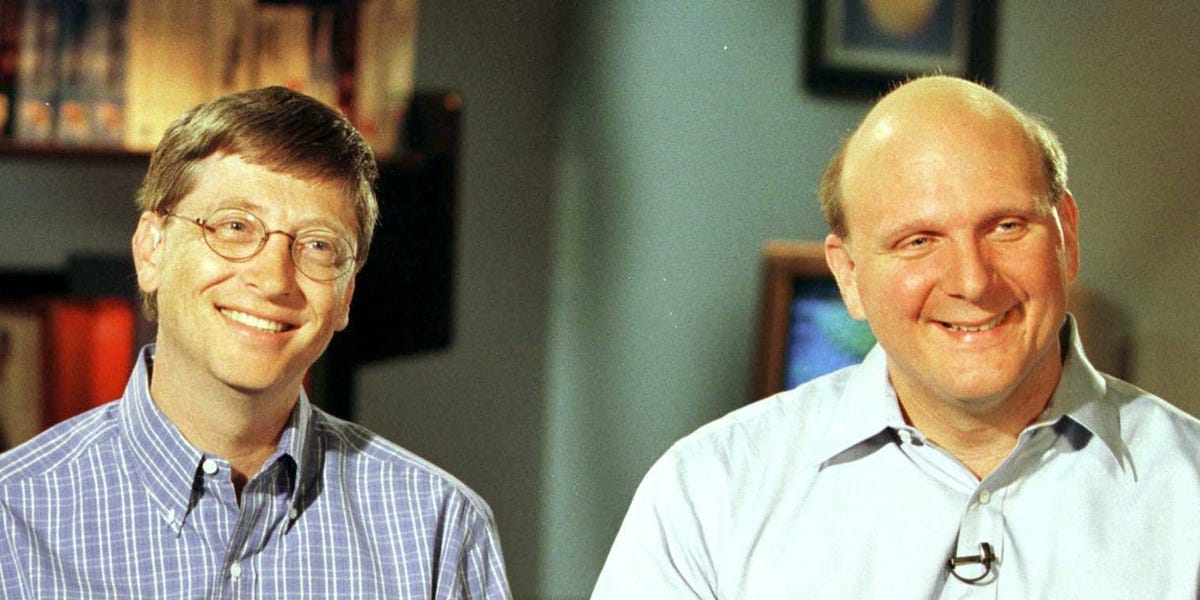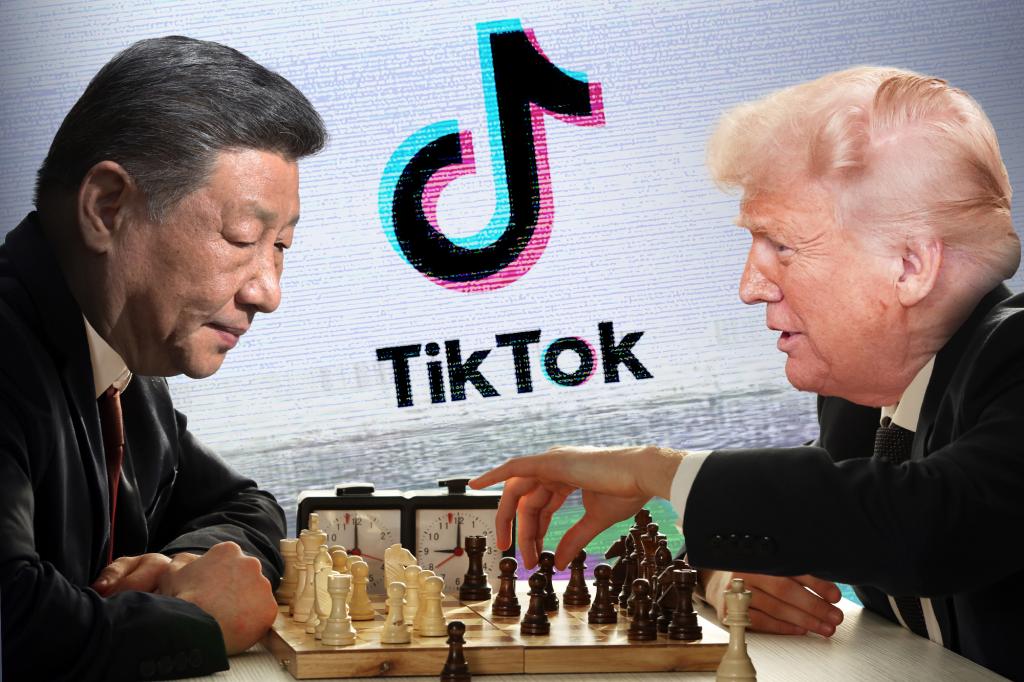The case of top New York official Linda Sun, who has been indicted of being a Chinese agent, has brought to fore the depth of Chinese influence operations across the West
read more
New York City, Amsterdam, London, and Melbourne might be separated by oceans, but they are connected by one thread: Chinese influence operations.
The tentacles of Chinese influence operations are spread across all the continents — and they are getting better at the game.
For a long time, Chinese interference abroad was primarily linked to stealing industrial secrets for own growth and research and development purposes. Then, China began to political interference where it planted or cultivated officials who would do its bidding and shape the host nation’s policies such that they would benefit China. It’s not limited to just installing spies in foreign governments, but also getting pro-Chinese politicians elected and public offices with agents.
The case of Linda Sun is the latest that shows China’s playbook to shape foreign countries’ politics in its favour.
Was a Chinese agent running New York Governor’s Office?
Sun, a former Deputy Chief of Staff to former New York Governors Kathy Hochul and Kathy Hochul, has been indicted of being a Chinese spy. She is accused of using the New York Governor’s office as an extension of the Chinese regime.
As a top New York provincial official, Sun is accused of influencing political discourse so that it leans more favourably toward China’s positions on contentious issues like Taiwan or Chinese ethnic minority Uyghurs whom the regime systematically represses, according to The New York Times.
Federal prosecutors have charged Sun with blocking Taiwanese officials from accessing the governor’s office and removing references to Taiwan and Uyghurs from state communications in lieu of millions of dollars of benefits from China, as per The Times.
Chinese influence operations across world
Sun is just one of the many well-placed persons to be accused of being a Chinese agent.
In London, British Security Service, better known as MI5, warned the lawmakers that a lawyer, Christine Ching Kui Lee, had “acted covertly” as an agent of the Communist Party of China to “cultivate relationships with influential figures in order to ensure the UK political landscape is favorable to” China’s agenda, according to The Times.
In Canada, an MP earlier this year admitted that school students from China were roped in to vote for him in an internal party election that was at the centre of a political interference inquiry.
In Germany, a far-right politician was arrested for spying for China. He is accused of passing on internal information of the European Parliament.
In the Netherlands, the Chinese diaspora was roped in by the CPC to harass others of Chinese-origin there who were not toeing the party line. A student told the Financial Times that she was spammed with messages and calls from unknown numbers after she helped organise a demonstration in support of LGBTQ+ rights in China. The student also said that fellow Chinese people had photographed them at the event.
In Australia, businessman Di Sanh ‘Sunny’ Duong was found guilty last year of attempting to influence former Education Minister Alan Tudge through donations at the behest of China.
How China deploys Xi Jinping’s ‘magic weapons’?
Chinese President-for-Life Xi Jinping has dubbed such operatives as ‘magic weapons’ of China.
Such agents of the Chinese regime usually work under the Communist Party’s intelligence wing United Front Work Department (UFWD).
As of 2019, the UFWD had an estimated budget of $2.6 billion, according to The Times.
Sun, the alleged Chinese agent at the New York’s Governor’s office, and Duong, who was convicted for being a Chinese operative in Australia, are associated with UFWD, according to The Times.
These magic weapons, a network of agents of the regime carefully planted in political offices, academia, business communities, and public life, are a subversive form of Chinese diplomacy. They supplement the normal diplomacy “with a covert network of party members, organisations, and overseas Chinese groups that work to promote China’s policies abroad” often “in conjunction with China’s other spy agencies, which fall under the control of the military and the central government”, according to The Times.


